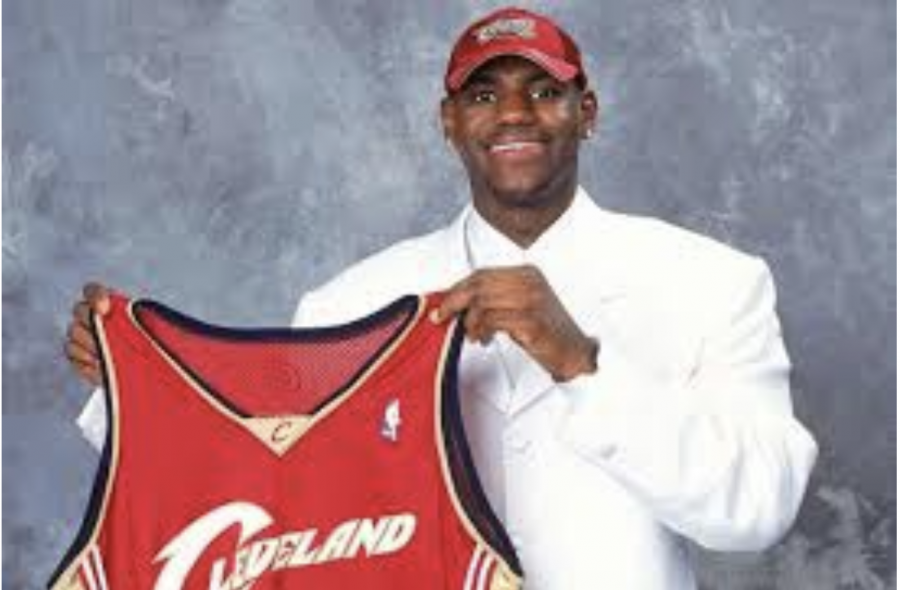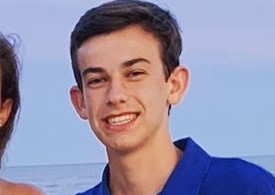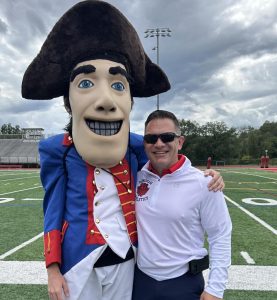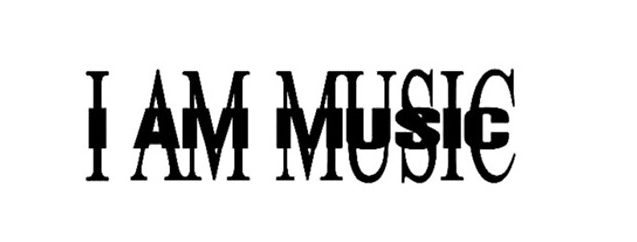Should athletes be required to go to college rather than going straight to the NBA?
February 21, 2020
I am Cardie Saunders, the Sports Editor for The Patriot and a junior in high school. This is an opinion piece and may not reflect, or represent, the views of the Patriot.
In 2006, the NBA no longer allowed players to come straight from high school into the NBA Draft. Alternatively, players would either have to take one year off after high school or play in a different league, whether it be the NCAA or somewhere Overseas. Prior to that year, nearly every season there would be a player or two drafted out of high school; some worked out, while others didn’t. Sounds similar to today, right? All different people, from parents to NBA analysts, have widespread opinions on this topic and recently has been reintroduced as a potential reconsideration of this rule. While there can be an argument for both sides, I think that this rule should be abolished.
In contrast to my own personal opinion, many believe that these young high school athletes aren’t ready to go pro. Fred Carter, an NBA analyst for ESPN, expresses a neutral opinion on this topic and shows evidence for both sides. The first thing Carter notes in support of the rule that is currently in place is maturity. Many people believe the majority of these athletes are not physically or mentally matured and would struggle to fit in with the team. In fact, Carter points out that “after games, some NBA players will go to bars and clubs, but these kids have to return to their hotels for video games.” I agree with the fact that many of the players may be too young to fit in, however many one-and-done players still come into the NBA at 19 years old; so what is the difference? Many also argue that the adjustment period is just too massive. For example, many, if not all, of these players that would be capable of being drafted straight out of high school are most likely completely dominant. However, suddenly once playing in the big league, these players are no longer the “stronger or fastest” as Carter points out. To support these claims, many people point to NBA busts such as Kwame Brown and Robert Swift, who both got drafted straight from high school. Kwame Brown is known as one of the biggest draft busts in NBA history being the number one overall pick in 2001, yet only averaged 6.6 points per game and 5.9 rebounds per game. Analysts even point out that he lacked self-confidence, which many people blame on his situation being drafted straight from high school. As for Robert Swift, he was also known as one of the biggest busts in NBA history. Swift was drafted in 2004 with the Supersonics 12th overall pick and had a short and disappointing career. Despite being one of the highest-ranked prospects in the league, he only played a total of 97 games in the NBA averaging just 4.3 points per game to go along with his 3.9 rebounds per game. These two examples are just a few of the many failed high school prospects drafted to the NBA.
On the other hand, there is a lot of supportive evidence that shows the great benefits of going straight from high school to the NBA. Fred Carter also gives support for this side as well. It all really comes down to time, money, and health. NBA careers aren’t like most jobs; many players struggle to find jobs in the NBA in their thirties, if they even reach that point. So, people feel like allowing those ready to make that jump early on benefits them in the long run. Not only will allowing these players to start early prolong their careers, but some even support that it will make the players better even with such a drastic transition. In the right situation, Carter explains that these players will benefit from learning from these NBA pros with no limitation, as long as they decide to put in the work, while “in college, there are time restraints on how long a player can be in the gym.” Money ties right in with this idea of time. When drafted into the NBA, depending on what round they are drafted, they are locked into what is called a “rookie contract”. The sooner a player can get out of their first contract, the sooner the player can make big money, if proven of course. The risk of injury is another huge downfall in waiting that extra year before entering the NBA. One injury could prevent a top prospect from ever reaching the NBA. In spite of the doubters that think none of these players are ready, there have been many successful NBA players that skipped out on college including superstars like Tracy McGrady, Shawn Kemp, Dwight Howard, Kevin Garnett, Kobe Bryant, and most notable, Lebron James. These players didn’t just have successful careers, but legendary ones. While some may not be ready, those that are should be able to make that transition to the pros.
What do you guys think about this rule?










